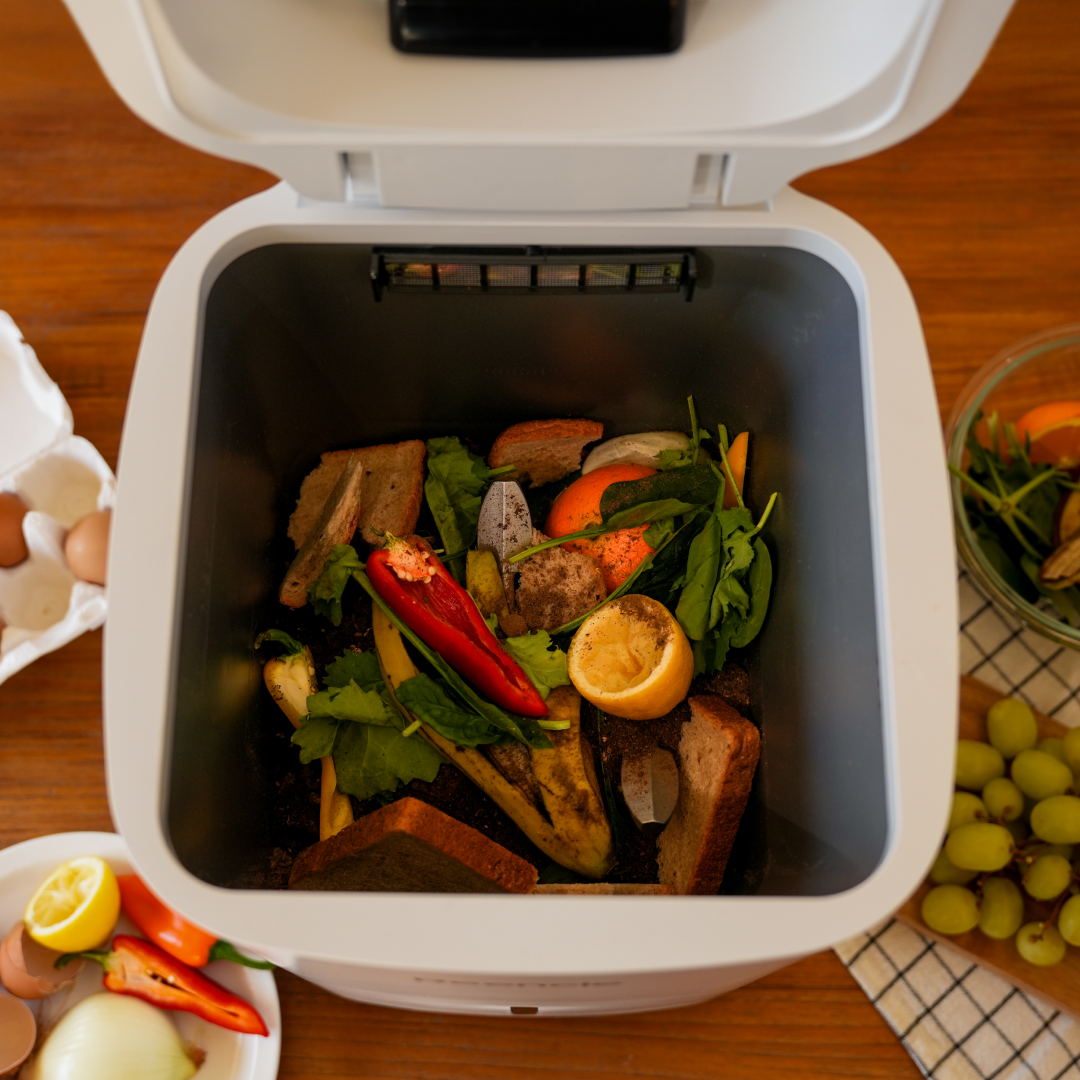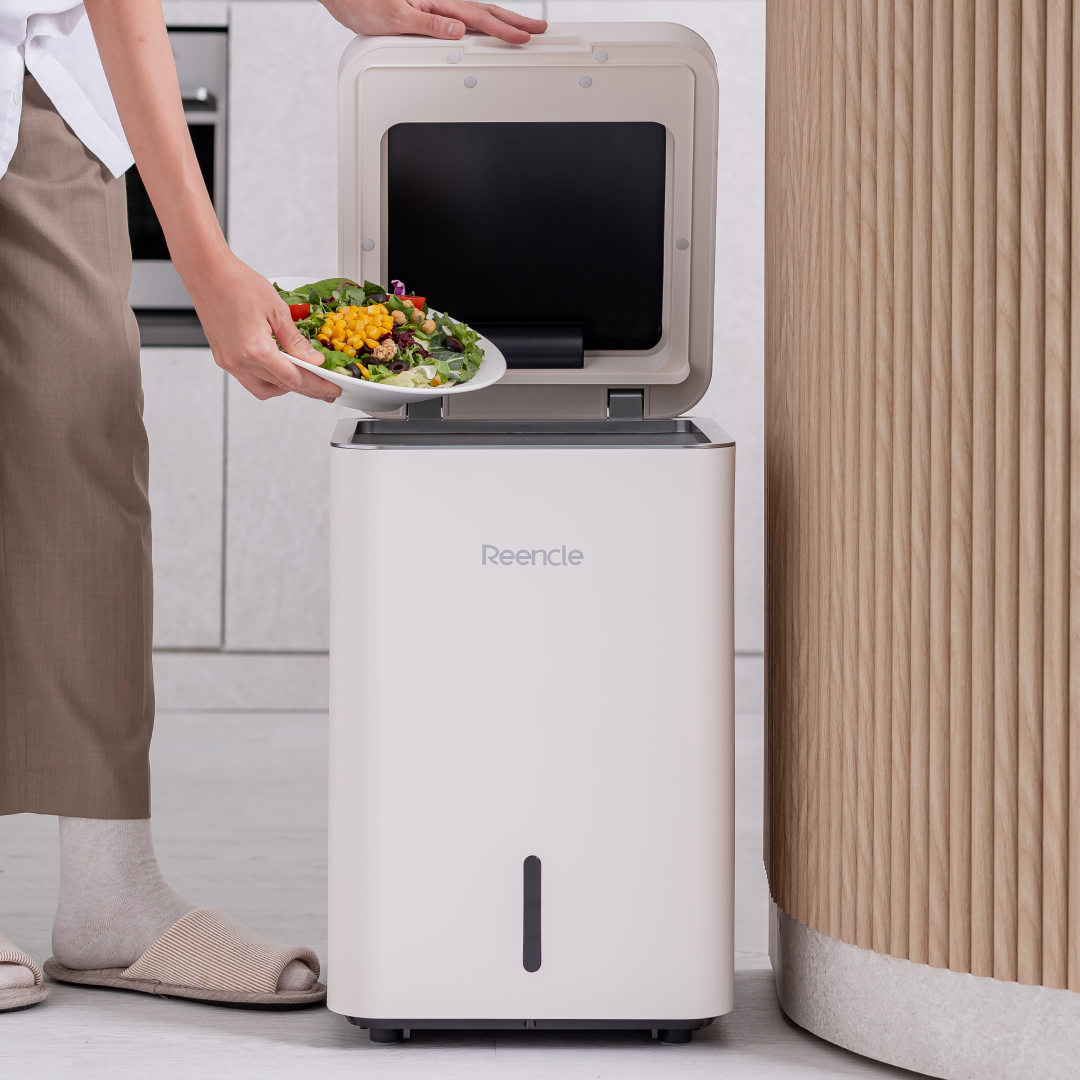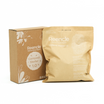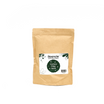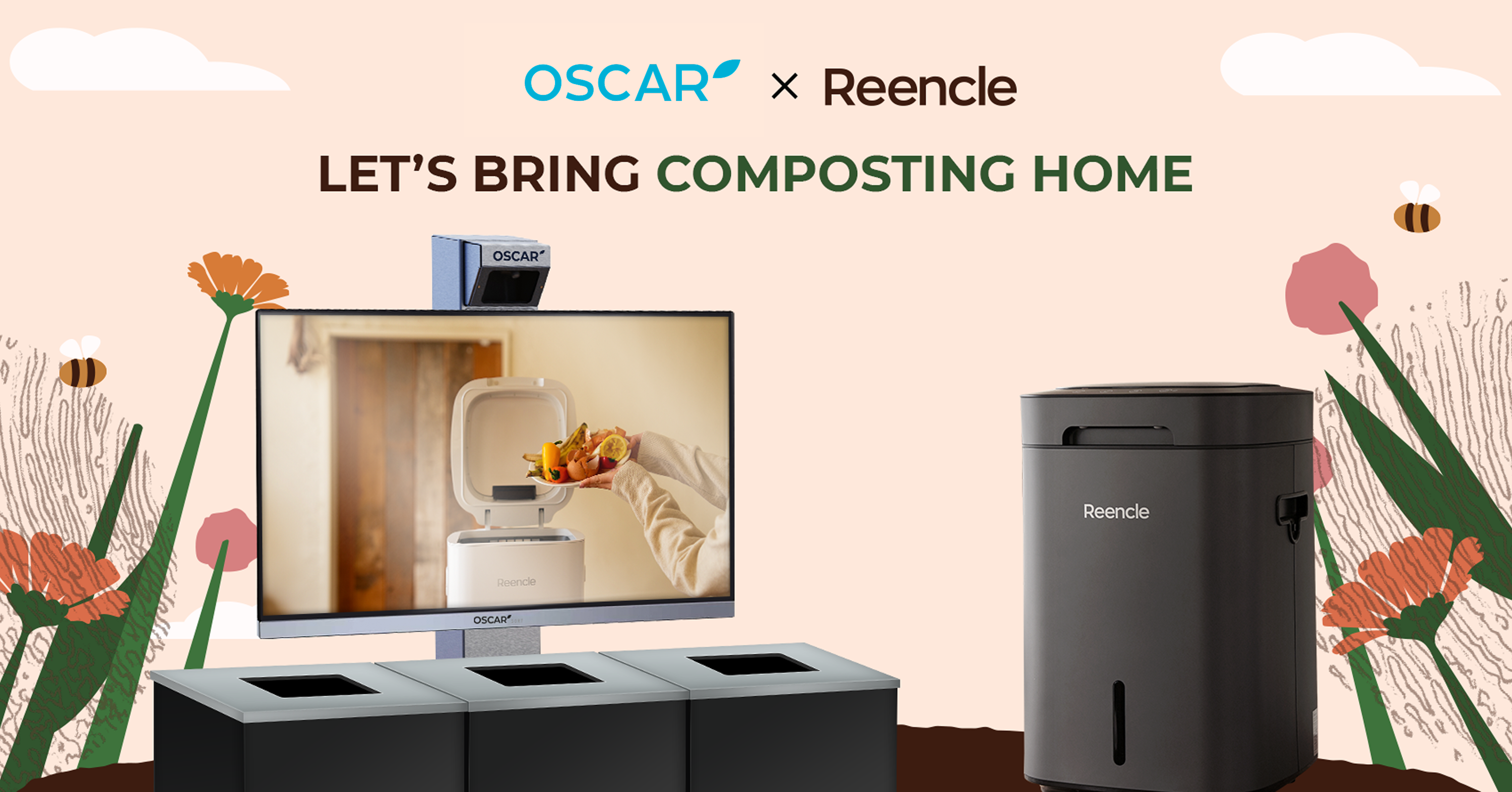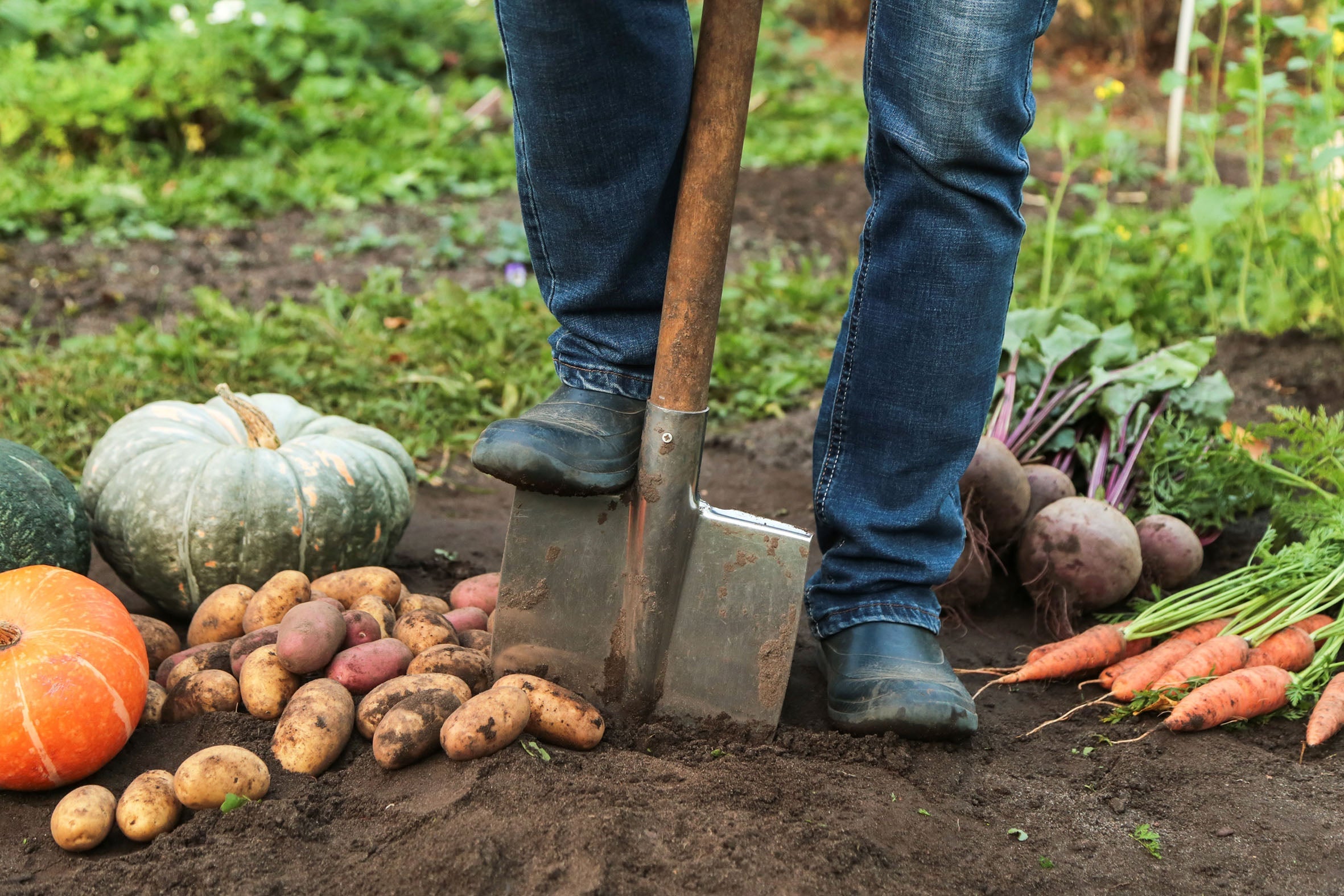The Global Challenge of Food Waste
A Simpler Path to Understanding and Solutions

The Big Picture on Food Waste
Did you know a lot of the food meant for eating gets thrown away? Every year, the world wastes about 1.3 billion tonnes of food. That's like throwing away one-third of all the food made for people. This huge waste is not just about losing food. It also hurts our planet by creating unnecessary pollution and using up water and other resources.
Food waste is a big deal because it adds to the pollution that changes our climate. About 8% of all the stuff that warms up our planet comes from wasting food. When we don't eat the food made for us, all the effort and resources that went into making it also go to waste. This creates a big problem for our environment.

Food Waste in the US
In the United States, the situation is similar to the rest of the world. Americans throw away nearly 40% of their food. This is more than 80 billion pounds of food, worth about $161 billion, gone to waste every year. Wasting this much food uses a lot of water, energy, and work, and it's a big reason why some people don't have enough food to eat.
How Governments are helping
Countries around the world are starting to fight food waste with new rules. For example, France is leading the way by making supermarkets give away unsold food instead of throwing it away. Starting in 2024, France will also make sure food waste is kept separate so it can be turned into compost, helping the environment.
These government actions help everyone come together to reduce food waste. By working together, we can take on this problem and make a better future where we value food more and help our planet stay healthy.
Compost helps plant growth by balancing soil density. In soils that are too tight, compost helps to loosen the soil; whereas in compost that is too loose, it helps to clump it together. This balancing allows plants to develop healthier roots into the soil contributing to healthier growth.
How we can fix it

So, what can we do about all this wasted food? There are many ways to help. Everyone can make a difference by planning meals better, buying only what we need, and learning how to keep leftovers. Businesses can also help by keeping track of their food stock better and giving away food they can't sell.One cool solution is using a food composter, like the one from Reencle, that turns food scraps into good stuff for the earth. This helps us stop wasting food and makes our soil better at the same time.
Conclusion
Food waste is a big problem, but we can all help solve it. With smart choices, new technology, and help from governments, we can waste less food and take care of our planet. Let's work together to make food waste a thing of the past and keep our world a healthy place for everyone.


